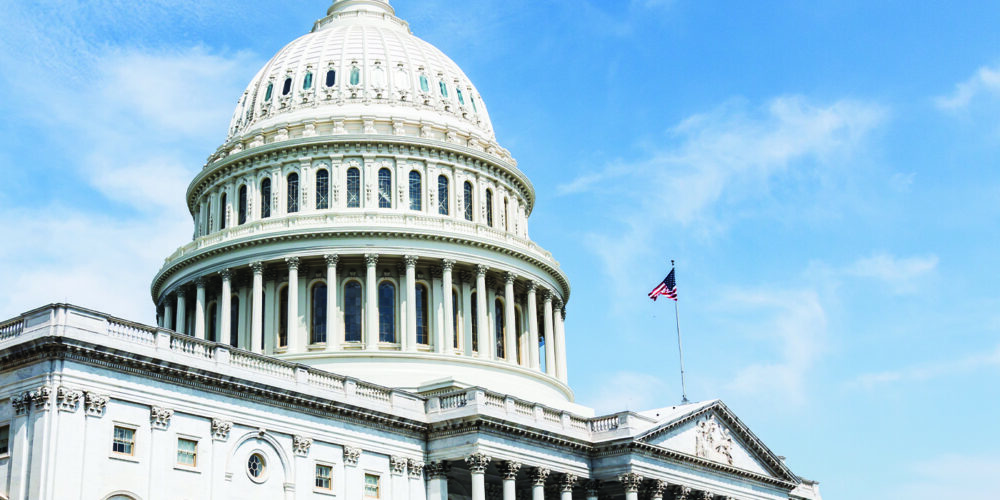WASHINGTON, DC — The Motor and Equipment Manufacturers Association (MEMA) and the Precision Metalforming Association (PMA), have jointly called on the U.S. International Trade Commission (ITC) to revoke antidumping and countervailing duties on corrosion resistant steel imports from six countries. The groups warned that continuation of the duties will cause financial harm to U.S. manufacturers and force some MEMA and PMA member companies to move offshore or close their operations entirely.
The ITC is conducting a “sunset review” to determine whether to terminate anti-dumping and countervailing duties (AD/CVD) on corrosion resistant steel, a coated steel product used extensively in the manufacturing of automobiles and auto parts, in the construction industry, and in many other finished products. ITC Commissioners are expected to take a final vote in December 2006.
“Without access to dependable supplies at competitive prices, the U.S. automotive parts industry will continue to suffer,” said Ann Wilson, MEMA vice president for government affairs and co-signatory on the MEMA/PMA Post-Hearing Brief submitted on October 30. “At the same time, the steel industry has restructured and is enjoying record profitability. The industry also enjoys protection from competition in the form of 160 anti-dumping and countervailing orders on imported steel products. The duties on corrosion resistant steel are simply no longer necessary.”
“PMA members face global competition everyday, but manufacturers are not going to have a future in the U.S. if our government doesn’t stop protecting industries that don’t need protection,” said William Gaskin, PMA president and co-signatory on the MEMA/PMA brief. “Steel accounts for up to 70 percent of the cost of our members’ products, and these duties are contributing to substantially higher costs and supply disruptions in the U.S. market.”
In the joint brief, MEMA and PMA provide evidence that U.S. steel producers are unable to satisfy U.S. steel consumers’ supply requirements.
The brief states: “In a survey of PMA companies asking about supply conditions for corrosion-resistant steel for the past three years, 11 out of 15 PMA companies reported that they had experienced supply problems. More recently, PMA companies informed PMA that lead times for certain corrosion-resistant steels have increased substantially from June 2006 to September 2006…. In a survey conducted by OESA, a market segment of MEMA…over 70 percent of the responding members reported that they face a surcharge or no ship situation due to current steel conditions. Over half of the companies are being forced into the spot market.”
MEMA and PMA also warned that the continued viability of their members’ businesses – the customers of the U.S. steel producers – is at risk with the continuation of the duties:
“Supply constraints in the United States already have led some corrosion-resistant steel consumers in the United States into bankruptcy, reorganization, or relocation, thereby shrinking overall U.S. demand for steel from where demand would be if these companies were still purchasing corrosion-resistant steel at their previous levels…. MEMA and PMA companies that consume corrosion-resistant steel are vulnerable to pressures to relocate production offshore because their competitors abroad can more readily access the corrosion-resistant steel they need.”
Both PMA and MEMA support the American Manufacturing Competitiveness Act (H.R. 4217) sponsored by Rep. Joe Knollenberg (R-MI), to provide U.S. industrial consumers with full “interested party” standing throughout the AD/CVD process and require the ITC to use an economic impact test ensuring that trade case decisions do not result in greater harm than benefit to American manufacturers.










